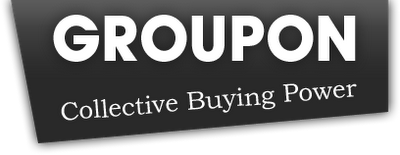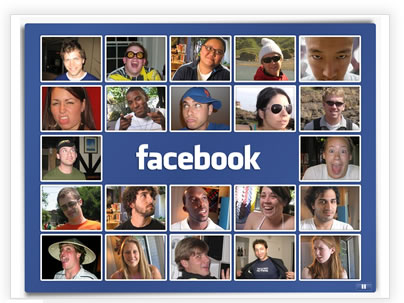
The article The Enrollment Controversy, originally titled “Too Asian?” published by Maclean’s Magazine sparked overwhelming response. From the article, the majority of respondents attacked Maclean’s because “it was suggested that by publishing this article, Maclean’s views Canadian universities as “Too Asian,” or that [they] hold a negative view of Asian students.” However, Maclean’s defensive response was that although it is obvious that the trend of accepted Asian applicants in Canadian Universities is increasing, it is fair because their acceptance is merit-based, regardless of race, and should be the sole criteria for selecting applicants, and Maclean’s attacks American universities as they “find the trend toward race-based admission policies in some American schools deplorable”.
Quotes from the original article include:
“Asian kids, meanwhile, say they are resented for taking the spots of white kids.”
“That Asian students work harder is a fact born out by hard data. They tend to be strivers, high achievers and single-minded in their approach to university.”
Myself being a third-generation Chinese Canadian, with parents born and raised in Vancouver, find those quotes, particularly the latter, offensive and stereotypical. My black hair, brown eyes and petite stature are the extent of my Asian traits. When traveling, I am constantly asked “Where are you from?” with my response being “Canada”, which immediately prompts, “No, where are you FROM?” I am not the cookie-cutter Asian the article addresses; my Chinese is horribly embarrassing and rice in my household is a monthly, not a daily, occurrence. The fact that I got accepted into UBC’s Sauder School of Business is not because of endless nights studying in highschool, but rather my school and community involvement, athletic achievements, and hard work. The key to my success was balance, and Maclean’s was wrong for racial profiling.
On the flip side, the article does present some valid points. There are many Asians that fit Maclean’s description. There is nothing more frustrating than being put in a group project with someone who is obviously smart, or else they would not have gotten into UBC, but lacks all other aspects in which the business world is depended upon, in addition to the English language. While American universities take race into consideration, particularly with the acceptance in Ivy League schools, it is understandable because they want a well-rounded group of individuals; however, to generalize all Asians as “Asians” is wrong. This applies to the business world because while business leaders are to be intelligent, they must also be relatable, assertive, and personable.











